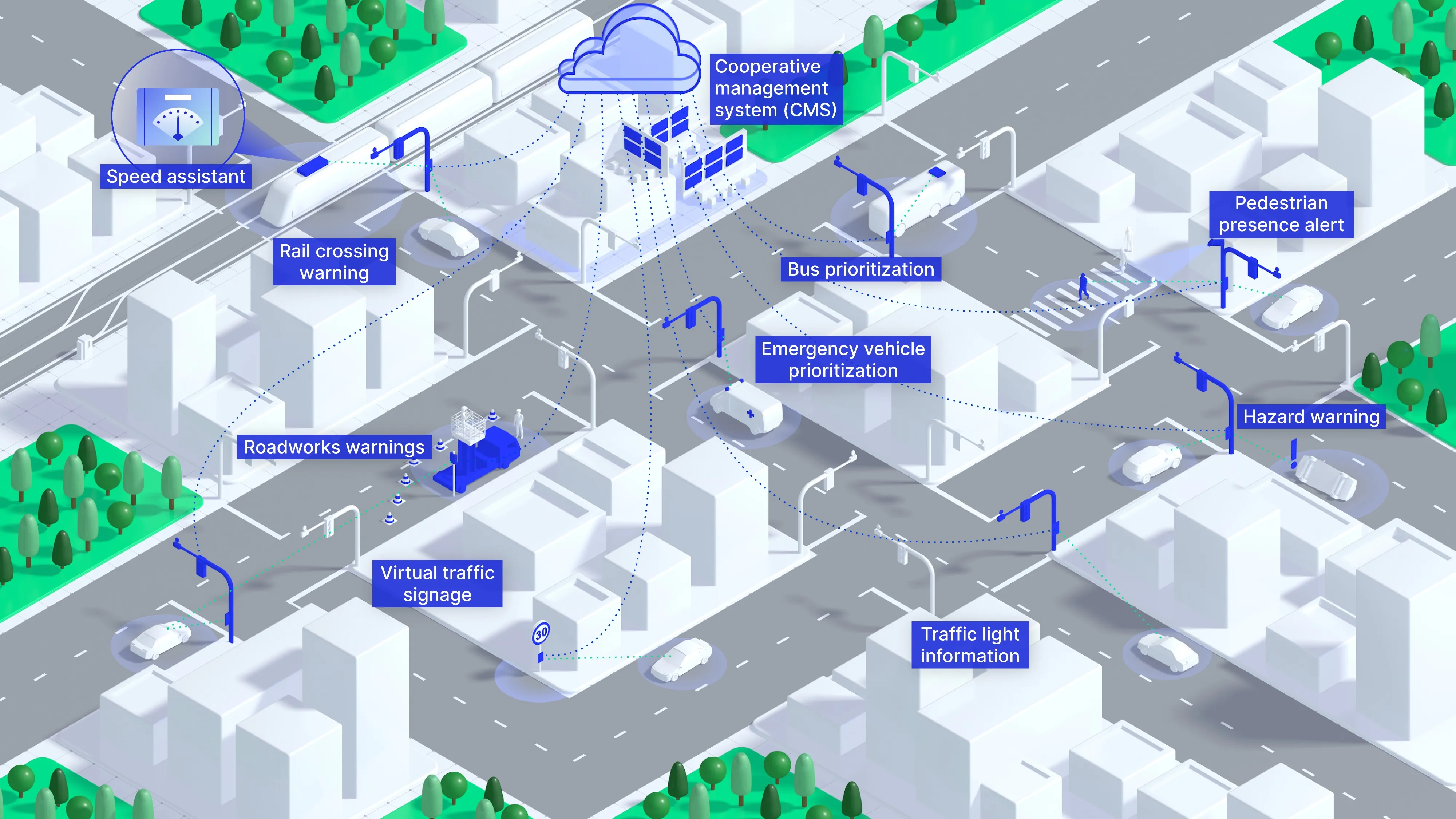Network infrastructure technology specialist Casa Systems has debuted its 5G core at the Mobile World Congress in Barcelona, Spain. The company, which provides solutions for fixed and mobile 5G ultra-broadband networks, says the product will “bring new levels of flexibility to mobile networks”. It is based on Casa's Axyom Ultra-Broadband Cloud, and was developed for use in edge computing – where analytics and data gathering is carried out near the source rather than centrally – which is increasingly relevant to many ITS applications. It can also be used in data centre environments. "Casa has a clear vision for the future - a virtualised, converged and distributed network,” said CEO Jerry Guo. “We are reimagining the network infrastructure to deliver high performance and operational efficiency in the 5G era. Our Axyom solutions deliver on key dimensions including Gbps per vCPU, and our 5G core gives service providers the performance, flexibility, and economics they need to capitalise on growing demand and new use cases." The new 5G core runs on standard servers or virtual machines and can control 4G devices as well, “enabling the benefits of the 5G core architecture in 4G networks”. The company is also showing off other new solutions in Barcelona, including a cellular internet of things (IoT)-optimised core and an enhanced small cell core.
Casa shows off new Axyom 5G core
Network infrastructure technology specialist Casa Systems has debuted its 5G core at the Mobile World Congress in Barcelona, Spain. The company, which provides solutions for fixed and mobile 5G ultra-broadband networks, says the product will “bring new levels of flexibility to mobile networks”. It is based on Casa's Axyom Ultra-Broadband Cloud, and was developed for use in edge computing – where analytics and data gathering is carried out near the source rather than centrally – which is increasingly
March 1, 2018
Read time: 2 mins









